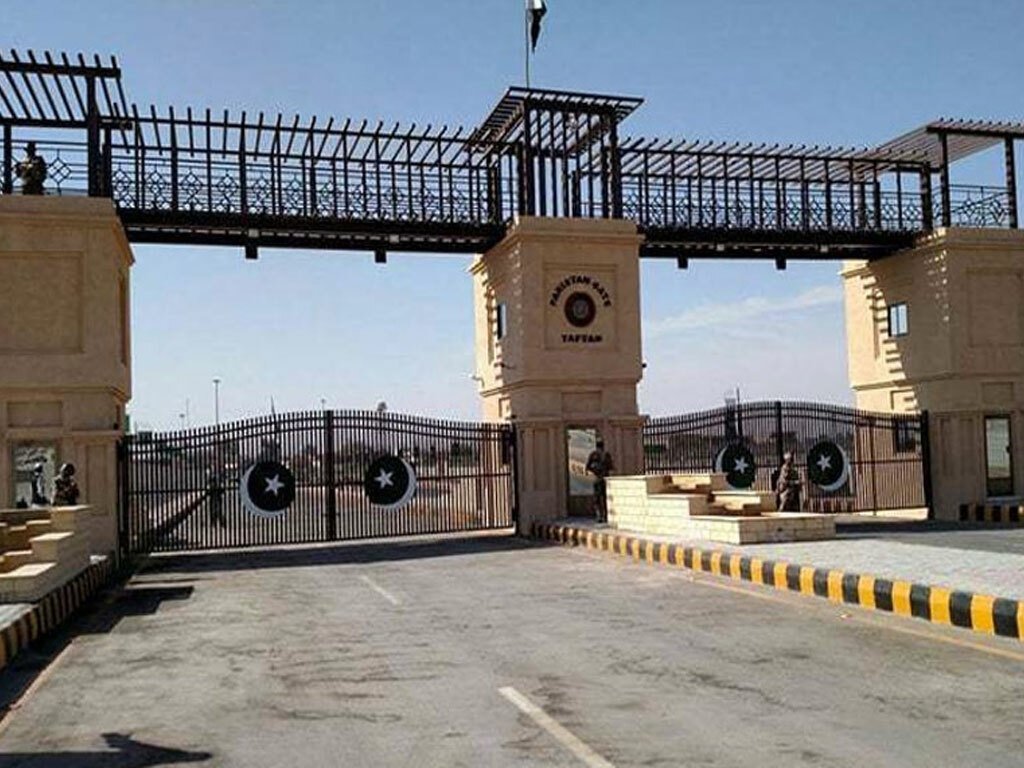China Accelerates Dam Projects in Pakistan as India Suspends Indus Waters Treaty

ISLAMABAD: Amid escalating tensions between India and Pakistan, China has stepped in to accelerate major dam construction projects in Pakistan to mitigate growing water security risks. The move comes after India suspended the World Bank-brokered Indus Waters Treaty following the recent Pahalgam incident, creating fears that Pakistan’s critical water lifelines could be choked.
Signed in 1960, the treaty divided river rights between the two countries—granting Pakistan control over the Indus, Jhelum, and Chenab, while India retained rights to the Ravi, Beas, and Sutlej. The suspension has placed Pakistan’s agriculture-based economy, which depends on the Indus River system for around 80% of its irrigation needs, in a precarious position.
In response, China has accelerated work on the Mohmand Hydropower Project in Khyber Pakhtunkhwa, a crucial multi-purpose dam under construction since 2019. The dam is expected to be completed next year and will:
- Generate 800MW of electricity
- Provide 300 million gallons of drinking water daily to Peshawar
- Help with flood control and irrigation
The Chinese state-owned Energy Engineering Corporation, overseeing the project, recently began concrete filling, marking a major construction milestone. State media hailed this as a “critical phase” in the development of Pakistan’s national infrastructure.
The urgency has grown after India reportedly cut Chenab River’s flow by 90%, only to later release water abruptly, triggering flood-like conditions downstream.
China, calling Pakistan its “iron-clad brother”, is not only accelerating the Mohmand project but also working on the Diamer-Bhasha Dam, dubbed Pakistan’s version of the Three Gorges Dam. This mega project is a symbol of deepening cooperation between the two allies, not only in energy but also in agriculture, industrial development, and public welfare.
As regional tensions mount and climate concerns deepen, these dams could become central to Pakistan’s water resilience strategy—while further cementing its strategic partnership with China.
When India ignores its commitment to share river water, China invests more heavily in Pakistan’s steam sector.
In response to tensions between India and Pakistan, China started developing large bodies of water in Pakistan to help control water-safety risks. In reaction to the risk that crucial Pakistani water pipes might not be protected during a recent clash, India decided to cancel its agreement with the World Bank on the Indus water issue.
As a result of the , the Treaty of the Elves gave Pakistan responsibility for Pakistan control of Indus, Jhelum and Chenab which India retained authority over Ravi, Beas and Sutlej. Because of the suspension, about 80% of Pakistan’s standard irrigation water from the Indus River is now in an unknown state.
As a result, China has stepped up the completion of the Moncimed Hydropower project in Khyber Pakhtunkhwa which is a major multi -purpose pond that started construction in 2019. Work on the pond is predicted to wrap up in the next year, after which it will be used for:
Produce enough power to supply 800MW
Approximately 300 million liters of water are given to the population daily.
Hold water back and irrigate with water.
Overseeing the project, the Chinese State Energy Engineering Corporation has recently started to fill concrete by creating a larger building mile pilot. The news outlets emphasized that it was a significant step in building Pakistan’s infrastructure.
The situation has become more serious after India reportedly reduced the Chenab River’s flow by 90%, making it more likely that sudden flooding will increase the scarcity.
China labels Pakistan as its “iron-clad brother” and increases its surveillance as it also helps with the Diamur-Bhasha dam, meant to be Pakistan’s answer to the three Goraj dams. This large-scale project










